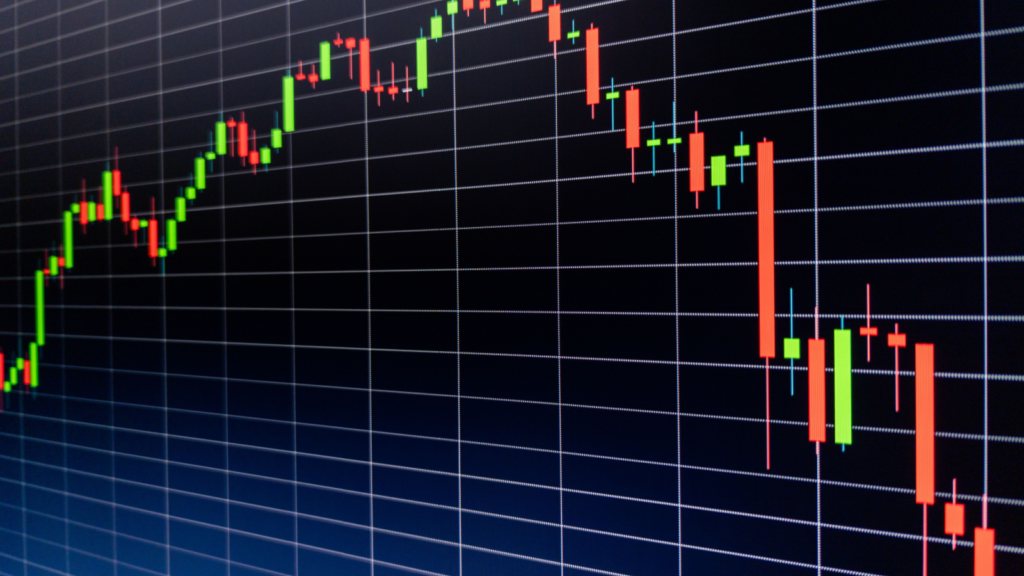With technology-driven growth stocks propelling the S&P 500 to new heights, dividend stocks have often found themselves playing catch-up.
Yet, even in this market environment, some dividend-paying companies have managed not only to keep pace, but also beat the index by a significant margin.
Specifically, while the S&P 500 has registered returns of about 27% over the past year, the following three dividend stocks have delivered annual total returns exceeding 30%.
More importantly, these three stocks maintain equally attractive annual total return prospects going forward.
These selections are not just random dividend stocks that have rallied due to one-off events — they met specific criteria to be considered relatively high-quality companies.
Specifically, these are companies that have consistently increased their dividends for at least 10 consecutive years and offer a yield of at least 2%, ensuring meaningful payout levels.
JPMorgan Chase & Co. (JPM)

The first dividend stock that has delivered market-beating returns over the past year and is likely to sustain this trend is JPMorgan Chase & Co. (NYSE:JPM). Shares of JPMorgan have rallied by roughly 42% during this period, exceeding the S&P 500’s total returns by a significant margin.
It would not be surprising if the stock delivered equally strong returns in the next couple of years, as it stands out as one of the highest-quality banks globally, while still trading at a relatively reasonable valuation.
For context, JPMorgan’s net income rose by 31.5% to a record $47.8 billion last year, even as the broader banking industry grappled with challenges during this period. The buyout of First Republic in June of 2023 for just $10 billion turned out to be a steal, bolstering JPMorgan’s wealth management division and positioning the company for continued growth.
This stresses how JPMorgan, as an industry leader, can capitalize on unique opportunities — such as the recent regional banking crisis — to not only weather the storm, but also emerge even stronger. In the meantime, at just 12.7 times this year’s expected earnings-per-share, JPMorgan seems attractively priced and poised for further upside.
Phillips 66 (PSX)

The second dividend stock that has registered market-beating returns over the past year is Phillips 66 (NYSE:PSX). While the stock has seen an extended decline since April, with the current share price of $138 marking roughly almost a 20% drop from its 52-week highs, Phillips 66 is still up a tremendous 39% in the past year.
Considering the ongoing geopolitical turmoil — including the war in Ukraine, the enduring conflict between Israel and Hamas and escalating tensions in the Middle East exacerbated by the Houthis’ actions effectively closing the Suez Canal — the potential for a surge in oil prices in the short to medium term is significant.
Therefore, it is reasonable to anticipate that PSX stock could continue to deliver strong gains in the coming years.
The stock’s current valuation backs this argument. Trading at just 12.6 times this year’s expected EPS and 10.3 times next year’s figure, a larger-than-expected jump in oil prices driven by geopolitical volatility could drive Phillips’ valuation into the single digits.
This scenario presents a substantial opportunity for significant valuation expansion, and thus, potential for 30% returns or more on an annualized basis.
Amgen (AMGN)

The final dividend stock on my list that has delivered market-beating returns over the past year is Amgen (NASDAQ:AMGN). The biotechnology behemoth has seen its stock price rise by about 42% during this period.
The rise can mainly attributed to its wide portfolio of blockbuster drugs performing well and the strategic acquisition of the formerly publicly-traded Horizon Therapeutics.
In particular, the acquisition, which closed last year, has enhanced Amgen’s product offerings and expanded its market presence. It added several high-potential drugs to Amgen’s already impressive lineup, including Tepezza and Krystexxa, which are anticipated to drive substantial revenue and earnings growth in the coming years.
Wall Street could be underestimating the potential of these additions to Amgen’s portfolio. But even under existing expectations, Amgen appears attractively priced and likely to have significant short-to-medium-term upside potential.
Hovering at a P/E of roughly 16 times based on this year’s expected EPS, the market seems to price little to no growth from Horizon Therapeutics’s drugs in the coming years. This forms a rather compelling investment case.
On the date of publication, Nikolaos Sismanis did not hold (either directly or indirectly) any positions in the securities mentioned in this article. The opinions expressed in this article are those of the writer, subject to the InvestorPlace.com Publishing Guidelines.
On the date of publication, the responsible editor did not have (either directly or indirectly) any positions in the securities mentioned in this article.
